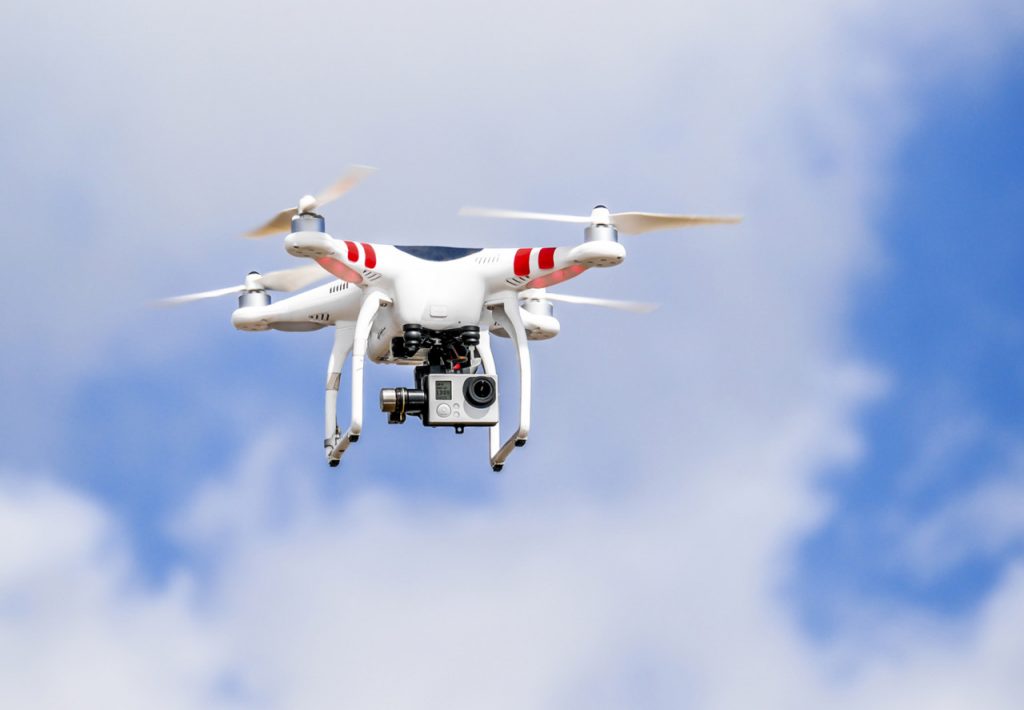India has come out with a policy that lays down restrictions on the operation of drones. It requires operators of these remotely piloted aircraft to not only pay a fee to obtain necessary licences but to also register online to be issued with a Unique Identification Number. Only a few categories of drones are exempt from the requirement of obtaining a licence. These include government drones and nano drones. The government has, without doubt, tried to ensure that the operation of big drones that are capable of carrying payloads is restricted. It is vital considering the possibility that drones can be outfitted with lethal weapons and could be used for surveillance and attack. Drones have been finding multifarious applications across sectors. They are being used effectively by security forces to monitor the movement of insurgents. Drones are also playing a vital role in disaster relief and in precision agriculture, as also in simple jobs of delivering household goods to individual residences, among other things. During the floods in Kerala a section of the visual media used drone footage to show the extent of damage on ground. In Karnataka the technology was deployed to assess flood damage in parts of Kodagu.
Drones are finding newer applications with each passing day in the developed world and regulations in these countries are helping the commercial use of these devices to flourish. The US, Europe and China are the three largest potential markets in the world for commercial drones today. In the US, commercial and consumer drone use is governed by Federal Aviation Administration. Several states also have their individual regulations. In Europe, too, national regulations exist across the European Union. Many European nations have lenient laws on the operation of drones. China, though, has its military exercising controls over more than half the airspace, which confines drones to a small area compared with the US and other countries. However, most countries are expected to see changes in their commercial drone laws that would favour the widespread use of these flying objects over the next couple of years that would allow more applications for these devices.
Drones have already been employed effectively by commercial establishments in countries such as the US to meet their logistical needs. Some restaurants abroad are known to be using drones as their USP in service. But their benefits notwithstanding, drones are also not entirely misuse-free. Even nano and micro drones can be used to surreptitiously conduct surveillance on unsuspecting people or on sensitive installations. The drone policy needs to be dovetailed with measures to also curb such unauthorised use. One other area that requires attention is that of getting drone manufacturers to introduce necessary support for restriction of service in the absence of online registration and receipt of UIN. If companies are not compliant with such restrictions, the possibility of unlicenced drones being operated at will arises. Some opine that the government should also look at means of fighting misuse of drones and perhaps also allow the use of technology that disables drones in specified areas. At the same time, it should ease restrictions on the use of drones as workhorses that offer services such as delivering, say, medicines or food. The technology, however, may end up usurping jobs, just as any other tech development is bound to do. The policy has already made provision for the possibility of mishaps in flying drones as it insists on third party insurance as part of the licensing process. Such provisions must be strengthened to cover the many different forms in which drones can cause damage. For instance, the country still has a large network of its electrical lines dangling from towers and posts. These are a potential threat to drones that can easily get entangled in these and crash. The policy does not appear to restrict the use of drones in busy residential areas. The risks that such activity can pose in crowded localities are apparently not addressed. The fact that drone technology is becoming increasingly popular can be seen from the fact that they have become part of many a video produced for online video streaming platforms. The existing drone policy will have to be plastic for the country to move in pace with this new technology and revise laws as need be, keeping international regulations in mind.
Freeing airspace
